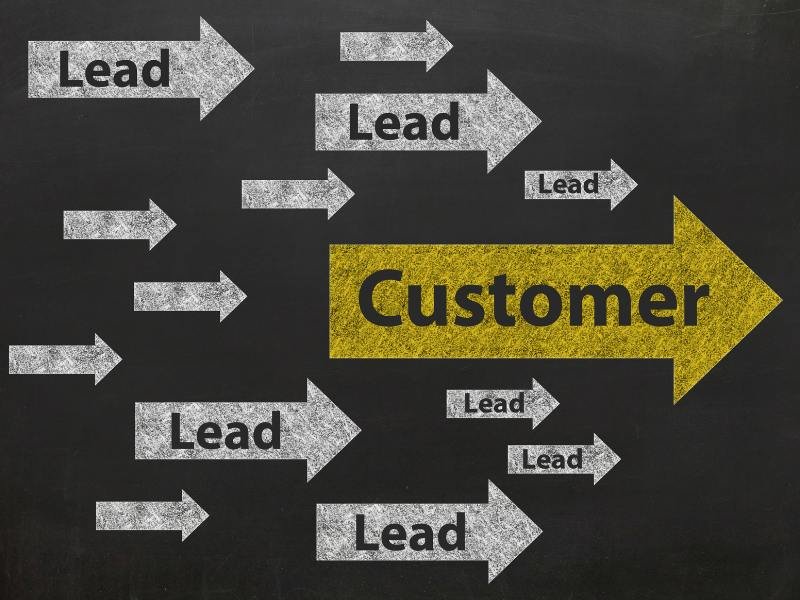In today’s digitally-driven world, businesses are constantly seeking innovative strategies to stand out and thrive. Digital marketing has emerged as a pivotal tool in shaping business success. This blog post explores the multifaceted ways in which digital marketing is adding immense value to businesses across various industries.

Enhanced Reach and Accessibility
Digital marketing revolutionizes how businesses connect with their target audiences. Traditional marketing methods are often limited by geography and scale, but digital platforms transcend these barriers. With the advent of social media, search engines, and digital ads, companies can engage with a global audience effortlessly. This expanded reach not only increases brand visibility but also opens up new markets and opportunities for growth.
Cost-Effectiveness
One of the most significant advantages of digital marketing is its cost-effectiveness. Compared to traditional marketing techniques like television and print media, digital marketing offers more affordable solutions with potentially higher returns on investment. Small businesses, in particular, can leverage digital campaigns to compete at the same level as their larger counterparts without needing to allocate extensive resources.
Improved Targeting and Personalization
Digital marketing allows for unprecedented levels of personalization. Through data analytics, businesses can understand their customers’ preferences, behaviors, and purchasing patterns. This information enables companies to tailor their marketing messages and offers to suit individual needs, significantly enhancing customer engagement and satisfaction. Moreover, platforms like Facebook and Google provide sophisticated targeting options to ensure that marketing efforts reach the most relevant audience.
Measurable Results and Analytics
The ability to track and analyze the effectiveness of marketing campaigns is another area where digital marketing shines. Tools like Google Analytics provide detailed insights into user behavior, campaign performance, and more. Businesses can use this data to make informed decisions, optimize their marketing strategies and improve overall efficiency.
Building Brand Loyalty through Engagement
Digital marketing fosters a unique environment for building and maintaining customer loyalty. Through regular updates, interactive content, and direct communication via social media and email marketing, businesses can create a sense of community and belonging among their customers. Engaged customers are more likely to be loyal and advocate for the brand through word-of-mouth and social sharing.
Agility in Marketing
The digital landscape is dynamic and fast-paced. Digital marketing enables businesses to stay agile, adapting their strategies based on current trends and market demands. Whether it’s tweaking a campaign in real time based on performance metrics or responding to a sudden market opportunity, digital tools allow for quick pivots without the extensive lead times seen in traditional marketing.
Conclusion
Digital marketing is not just a trend; it’s a fundamental shift in how businesses connect with their customers and drive growth. By leveraging the power of digital marketing, businesses can achieve greater visibility, enhanced engagement, and superior ROI. As technology evolves, so too will the ways in which digital marketing can add value to businesses, making it an essential element of modern business strategy.
Are you ready to unlock the full potential of digital marketing for your business? Get in touch with us today to learn how our expert digital marketing services can transform your business and help you achieve your goals.
Frequently Asked Questions (FAQs)
1. What makes digital marketing more effective than traditional marketing?
Digital marketing offers broader reach, real-time performance tracking, precise targeting and better ROI – all at a lower cost than traditional marketing methods like print or TV.
2. How does digital marketing help small businesses compete with bigger brands?
Through cost-effective channels like social media, SEO and email marketing, small businesses can reach and engage with audiences just as effectively as large corporations – without needing massive budgets.
3. What is audience targeting in digital marketing and why is it important?
Audience targeting uses data to deliver ads and content to specific demographics, interests or behaviors. This ensures your message reaches the right people at the right time, increasing engagement and conversions.
4. Can digital marketing help build customer loyalty?
Absolutely. Regular, personalized communication via email, social media, and content marketing creates stronger connections with customers – encouraging repeat business and brand advocacy.
5. How do businesses measure the success of digital marketing campaigns?
With tools like Google Analytics, Meta Business Suite and email campaign dashboards, businesses can track key metrics such as traffic, click-through rates, conversions and ROI to assess campaign performance.




